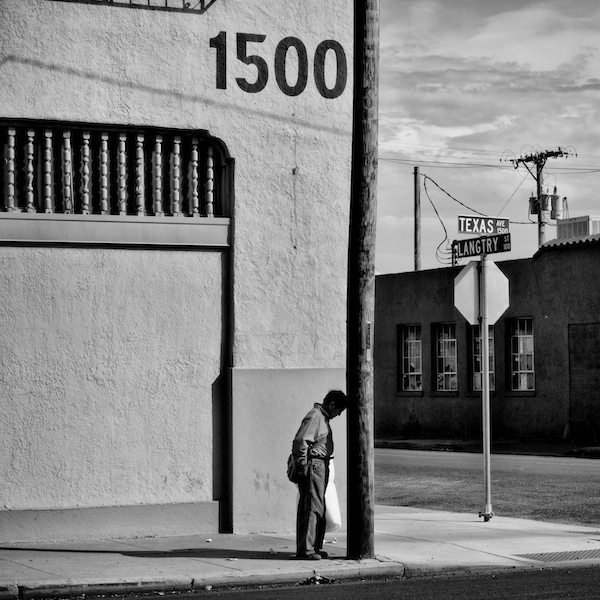
Matt Black
This panel gathers veteran photographers who have made it their life’s work to document stories of poverty and inequality with empathy, depth and curiosity. Motivated by their personal experiences in economically depressed areas, they explore and illustrate what economic inequality looks like in the U.S.
Presenters: Matt Black Brenda Kenneally Eugene Richards
Moderators: Danielle Jackson
Location: Brooklyn Bridge Park – Emily Warren Roebling Plaza
Number 1 on the official photoville map
Despite economic growth, inequality continues to rise and poverty to soar. Inequality is the biggest domestic economic story of our lifetimes, both intractable, long-term unemployment and a yawning income gap between the wealthy, the middle class and the working poor, in the words of the Economic Hardship Reporting Project, this event’s organizer. This panel gathers veteran photographers who have made it their life’s work to document stories of poverty and inequality with empathy, depth and curiosity. Motivated by their personal experiences in economically depressed areas, they explore and illustrate what economic inequality looks like in the U.S.
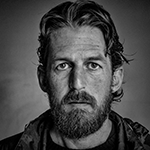
Matt Black is from California’s Central Valley, an agricultural region in the heart of the state. His work has explored the connections between migration, poverty, farming, and the environment in his native rural California and in southern Mexico for two decades.
In 2014, he began the project The Geography of Poverty, a digital documentary work that combines geotagged photographs with census data to map and document poor communities. In the summer of 2015, he undertook a thirty state trip photographing seventy of America’s poorest places, work that was published as a four part series on MSNBC. Other projects include The Dry Land, about the impact of drought on California’s agricultural communities, and The Monster in the Mountains, about the disappearance of forty three students in the southern Mexican state of Guerrero. Both of these projects, accompanied by short films, were published by The New Yorker.
Time Magazine named him Instagram Photographer of the Year for his Geography of Poverty project. His work has also been honored by the Robert F. Kennedy Memorial Foundation, the Magnum Foundation Emergency Fund, the Pulitzer Center on Crisis Reporting, Pictures of the Year International, World Press Photo, the Alexia Foundation, the Center for Cultural Innovation, and others. He lives in Exeter, a small town in California’s Central Valley.
Brenda Kenneally uses a camera to create a shared space with the people and places she is drawn to photograph. She says that she takes pictures to remember what she learned while she was taking pictures. The photographs are never the point in themselves but rather serve as introductions to what she feels she needs to understand. Kenneally says that she has never been interested in the state of things as they are, but more with how they came to be that way. Like all relationships, the ones that she develops through her camera take time and nurturing. Brenda says she doesn’t know if one can capture time through photography, but she is never in a hurry when she is taking pictures. Kenneally says that she stopped calling herself a photojournalist once she admitted that she was more interested in collecting photographs from people that making new ones. Kenneally’s letterhead now reads Digital Folk Artist. Some organizations that she has been funded by include The John Simon Guggenheim Foundation, New York State Council for the Arts, Open Society Foundation, Getty Images, W. Eugene Smith Memorial Fund, Alicia Patterson Foundation, and Mother Jones.
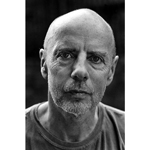
Eugene Richards is a photographer, writer, and filmmaker who has authored numerous books. His first publication, Few Comforts or Surprises (1973), which speaks of the lives of sharecroppers in the Arkansas Delta, was followed by Dorchester Days (1978), a portrait of the inner-city neighborhood where he was born. Subsequent books include Cocaine True, Cocaine Blue (1994), a study of the impact of hardcore drugs on inner city communities, and War Is Personal (2010), a documentation of the consequences of the Iraq war. Recent books include The Day I Was Born (2020), which focuses on life and protest in the racially divided Delta of Arkansas and In This Brief Life (2023), a look back at 50 years of photographic work.
Among numerous honors, Richards has been awarded a Guggenheim Fellowship, the W. Eugene Smith Memorial Award, the Kraszna-Krausz Book Award for Photographic Innovation, and the Robert F. Kennedy Lifetime Achievement Award for coverage of the disadvantaged.
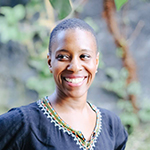
Danielle Jackson is passionate about ideas, culture and community. She is the co¬-founder and former co-director of the Bronx Documentary Center. Formerly, she managed the Cultural department at Magnum Photos NY. Currently, she works with artists, organizations and businesses to develop community engagement and audience development strategies.
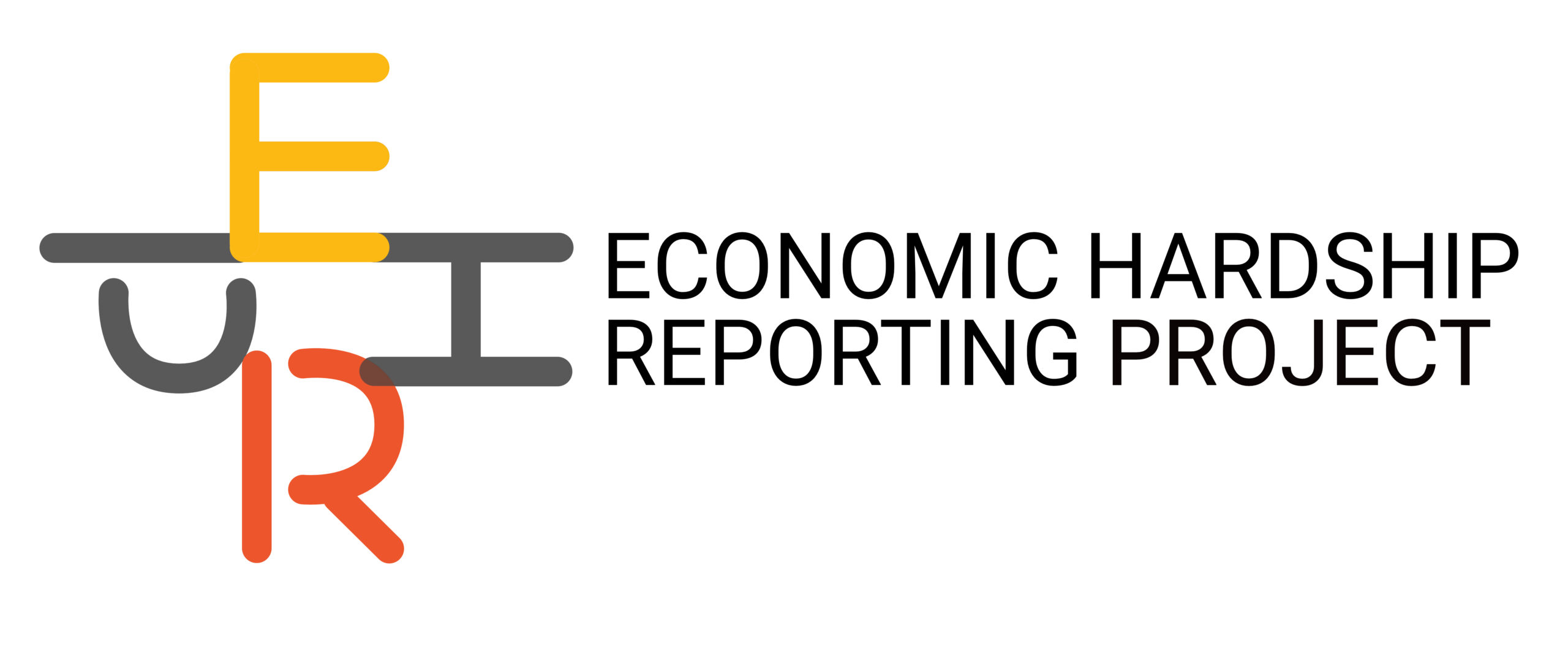
The Economic Hardship Reporting Projects supports independent journalists so they can create gripping stories which often counter the typical disparaging narratives about inequality. This high-quality journalism is then co-published with mainstream media outlets mobilizing readers to address systemic economic hardship.